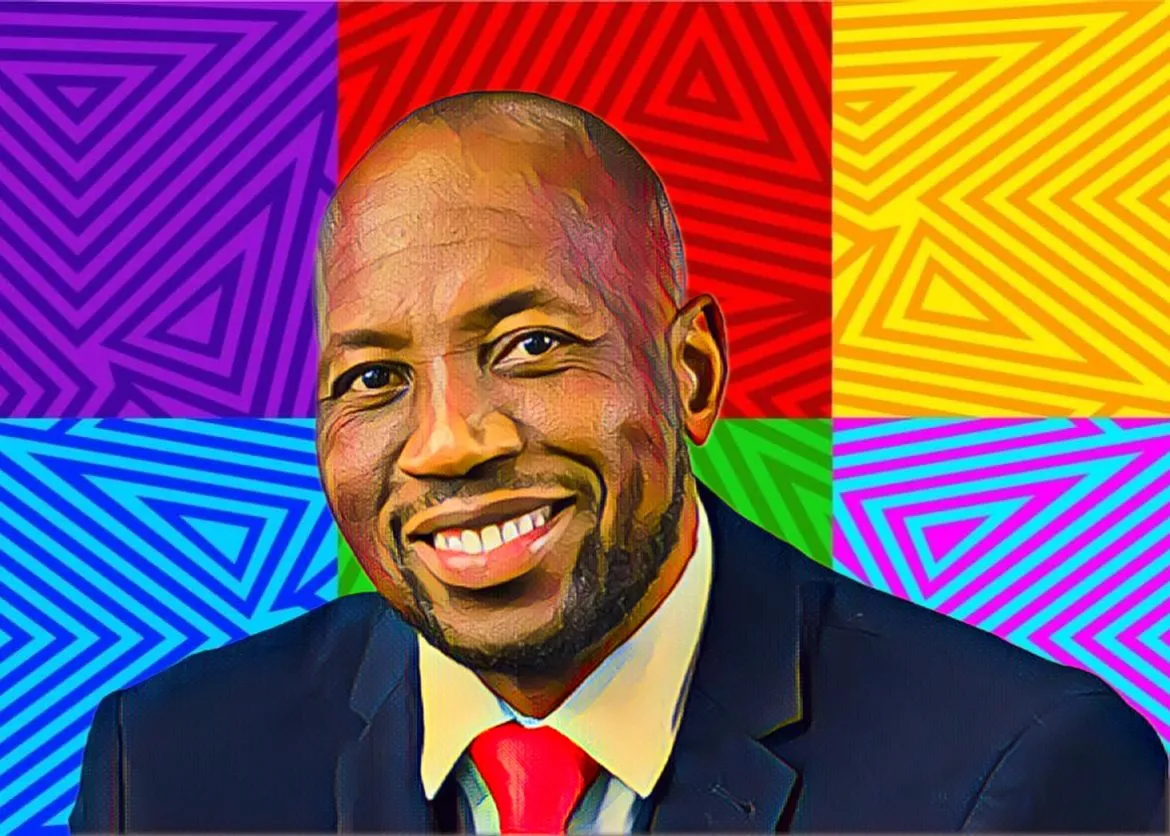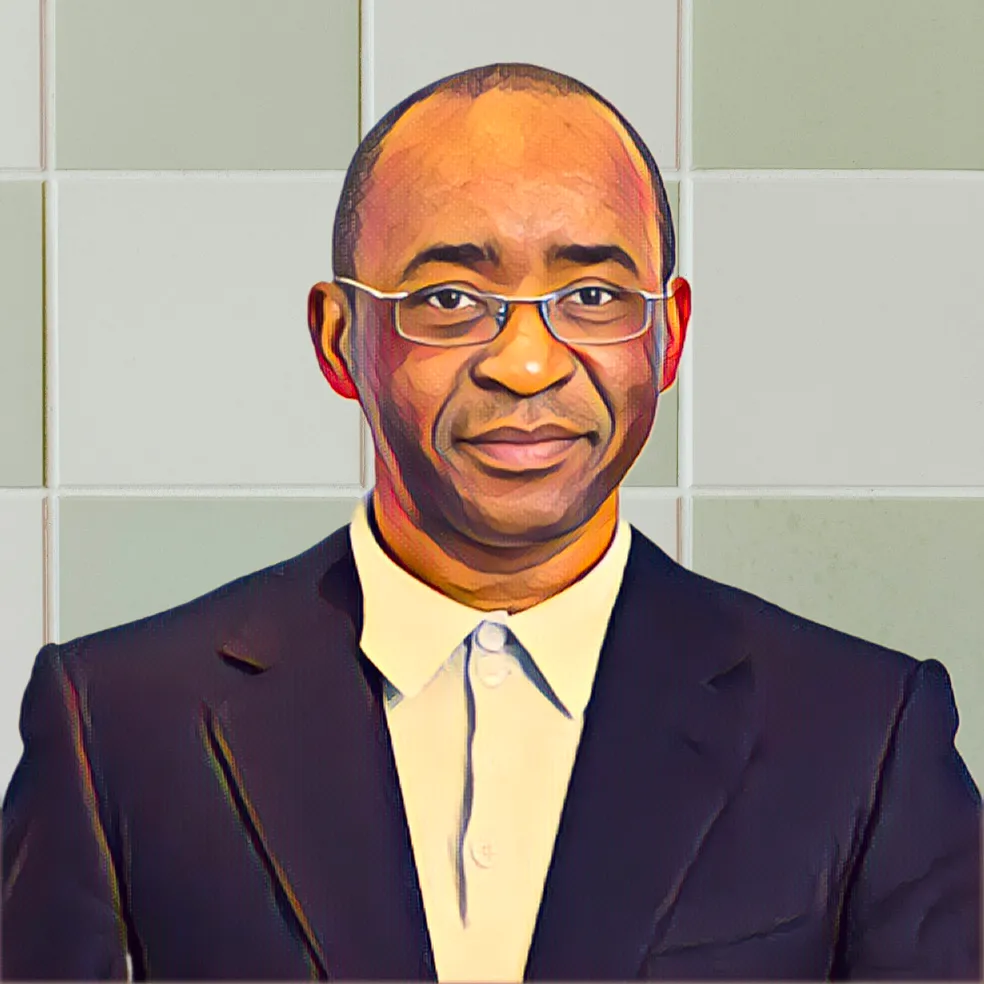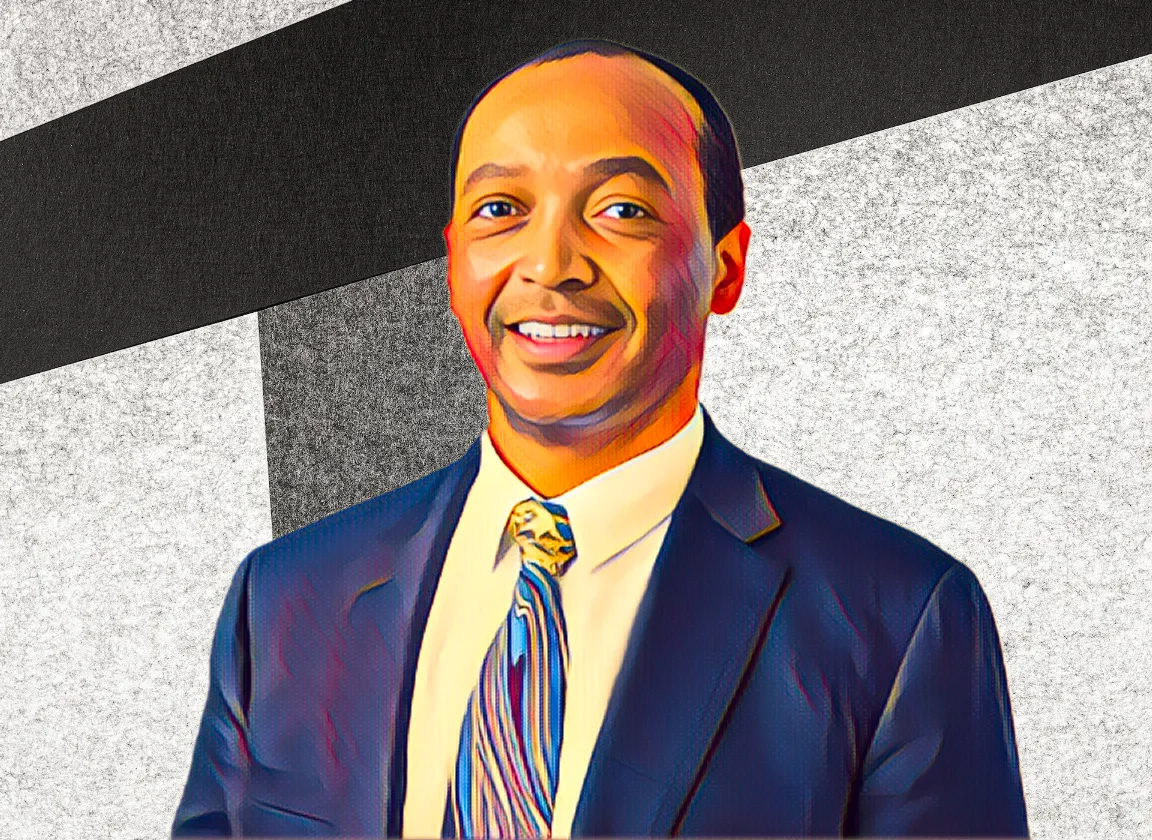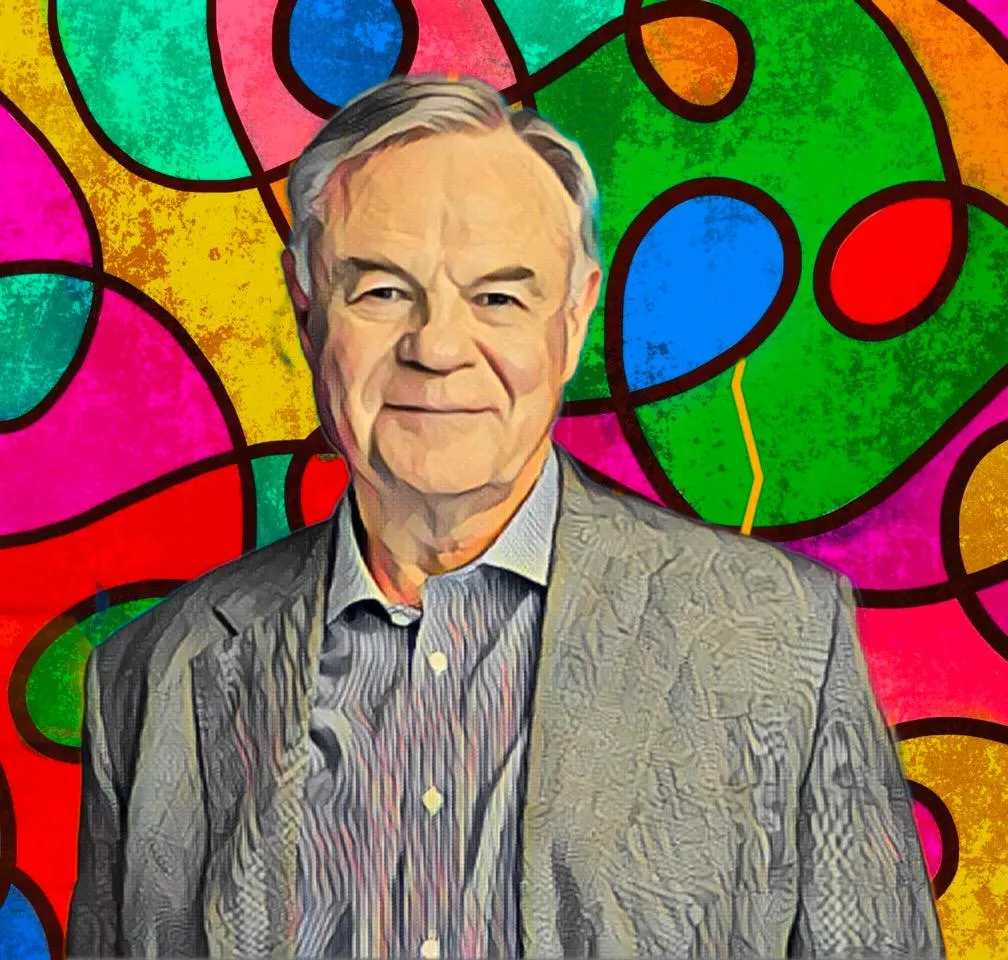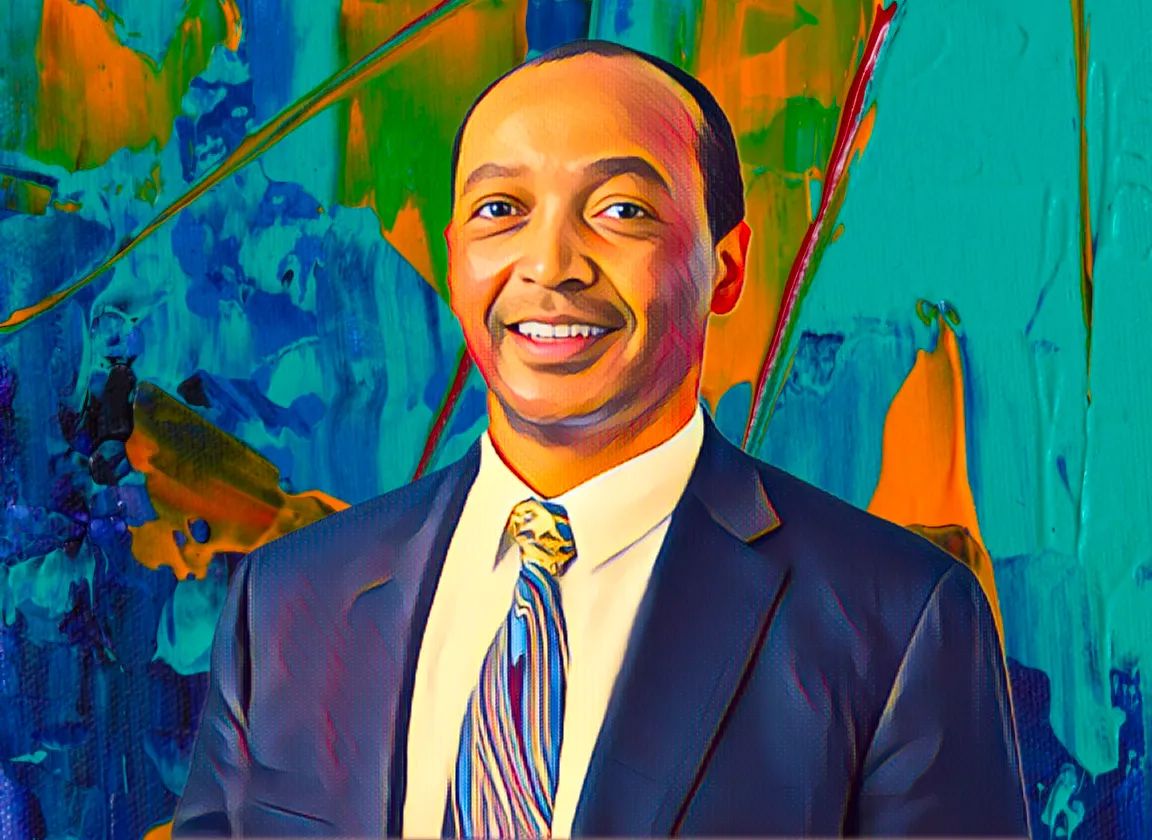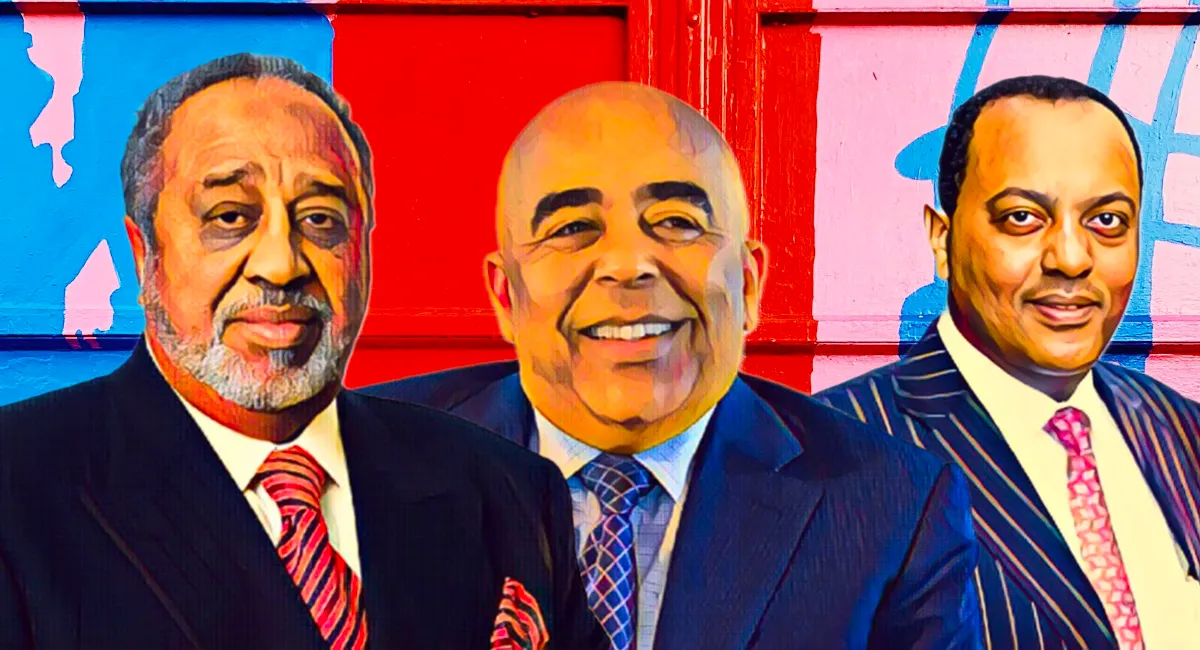Table of Contents
Key Points
- Sasol eyes a turnaround for its U.S. chemical operations, driven by its $12.8 billion Lake Charles Chemicals Project and potential IPO prospects.
- Sasol's stock rallied 12% on the Johannesburg Stock Exchange after announcing strategic moves to revive earnings, marking its biggest gain since March 2021.
- Sasol faces $4 billion debt, suspended dividends, and operational setbacks in Mozambique and South Africa amid decarbonization pressures.
Sasol, a Gauteng-based energy and chemicals group led by South African executive Simon Baloyi, has unveiled a turnaround move for its U.S. chemical operations, eyeing increased earnings and a potential standalone listing.
The company’s $12.8 billion Lake Charles Chemicals Project (LCCP) in Louisiana, central to Sasol’s global recovery plan, is poised to play a key role in bolstering its international chemical division. Sasol has been working to optimize the project’s performance, restore investor confidence, and explore strategic options—including an Initial Public Offering (IPO).
Sasol rebounds with 12%, eyes Lake Charles asset revival
Sasol’s shares jumped 12 percent on the Johannesburg Stock Exchange, the largest one-day gain since March 2021, after unveiling a turnaround plan. The rally comes after a challenging 2024, during which the stock plummeted 55 percent, capping two years of losses.
Despite the rebound, the company faces $4 billion in debt and has suspended dividends, underlining the urgency of its recovery efforts.
Once burdened by cost overruns and hurricanes, Sasol’s Lake Charles facility has evolved into a crucial asset for the company’s growth. Baloyi highlighted its potential, stressing the goal of transforming it into a profitable venture.
After a $2 billion stake sale in 2020 to cut debt, the facility is poised to boost Sasol's chemical division, which already accounts for one-third of earnings. Despite the U.S. generating just 6 percent of revenue, Baloyi sees significant upside, with plans to unlock value through potential spin-offs or mergers in the growing chemical market.
Sasol faces loss, eyes transition
Under CEO Simon Baloyi, who took over in April 2024, Sasol is navigating an array of challenges, from regional unrest to global financial pressures. The company reported a R56.7 billion ($3.2 billion) loss in the last fiscal year, its first since 2020, driven by asset devaluations in the U.S. and South Africa.
Operational disruptions compound the woes, with Mozambique gas production hit by post-election unrest and its Secunda plant under fire for carbon emissions amid global decarbonization pressures. The company’s shares have slumped for two consecutive years.
Baloyi is steering Sasol's energy transition by expanding Sasol’s natural gas network in South Africa and exploring power generation from natural gas. While ruling out asset "fire sales," he plans to reshape the portfolio to align with market demands and shareholder goals.



